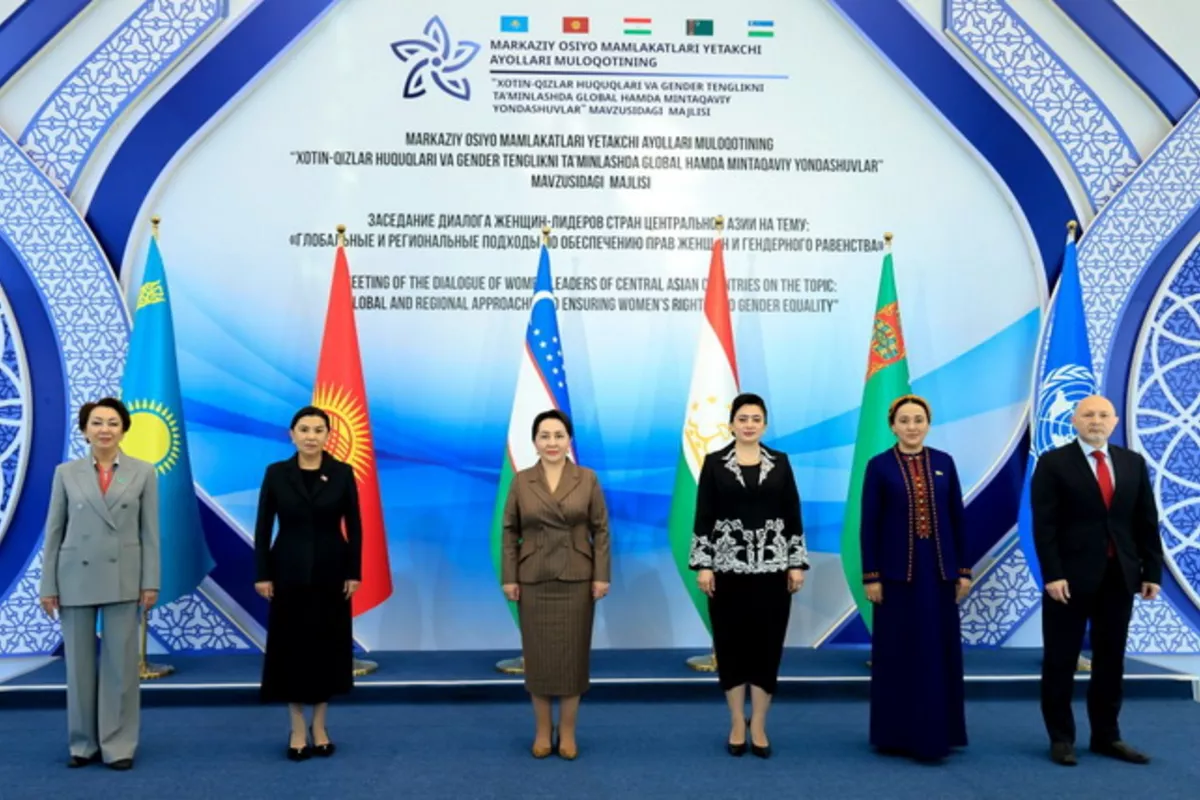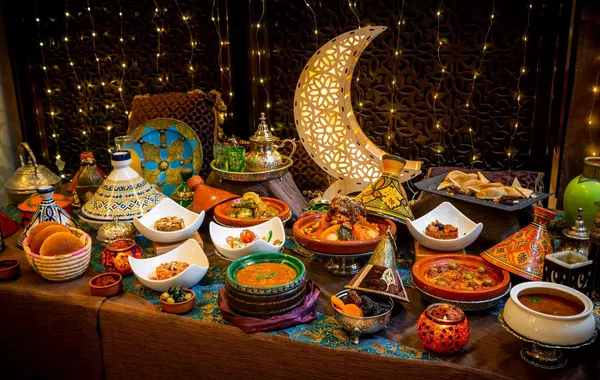
photo: UzDaily.uz
Uzbekistan's Tashkent city hosts the Central Asia Women Leaders Dialogue, a high-level meeting aimed at strengthening regional cooperation and expanding women’s participation in political, social, and economic life across the region.
The event brings together parliament leaders and official delegations from Azerbaijan, Kazakhstan, Kyrgyzstan, Tajikistan, Turkmenistan, and Uzbekistan, alongside representatives from youth parliaments, local authorities, international organizations, and civil society, The Caspian Post informs via Uzbek media.
The dialogue was opened by Tanzila Narbayeva, Chairperson of the Senate of Uzbekistan, who highlighted the significant progress Central Asian countries have made in empowering women, enhancing their role in governance, and promoting societal participation. She emphasized that strengthening women’s roles is key not only to social progress but also to peace, stability, and sustainable economic growth, and that the dialogue elevates regional solidarity among women leaders to a new level.
During the plenary session, delegation heads presented national priorities, expected outcomes, and key areas for collaboration, with special focus on implementing the Beijing Declaration and Platform for Action, celebrating its 30th anniversary this year. The documents cover 12 priority areas, from women’s political participation and economic independence to gender equality in education, healthcare, and combating violence.
The program features five thematic sessions discussing:
Women’s participation in decision-making - rights, opportunities, and responsibilities
Women’s entrepreneurship as a driver of economic growth and social stability
Policies on education and reproductive health
Women’s role in innovation, media, and climate action
Legal protection mechanisms and combating violence against women
The dialogue will conclude with the adoption of a final declaration and a “roadmap” for regional cooperation, as well as the creation of an annual monitoring and knowledge-sharing system among Central Asian countries.
Share on social media
